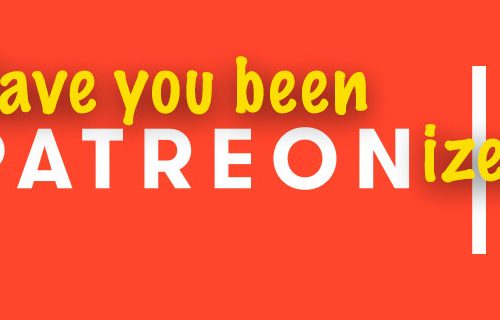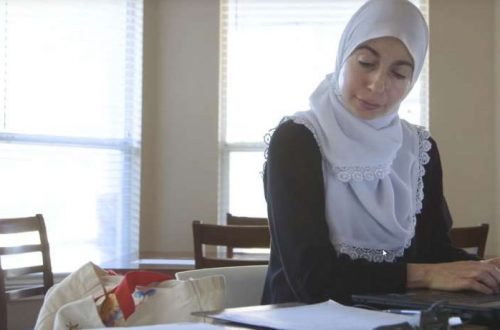The Islamic Far Right in Britain blog has put up a link to a very interesting discussion hosted by the Frontline Club on Islam and free speech. My first reaction on scanning the line up for this event was that it seemed to be full of people I wouldn’t expect to be in terribly sharp disagreement with – Maajid Nawaz, David Aaronovitch, Myriam Francois-Cerrah, Kirsty Hughes and Tom Holland. And although – like the Islamic Far Right blog – I think there should be space for debate involving more marginal voices – Islamists and the EDL – perhaps there is more to be gained from cutting out extremists and focusing on the more subtle differences within the ‘usable middle’ band.
And there were certainly differences of emphasis right from the start. Kirsty Hughes and David Aaronovitch clearly felt that freedom of expression was absolutely paramount. Myriam Francois-Cerrah, by contrast, when she introduced herself, quickly moved to the need to treat minorities with sensitivity. From my perspective, Myriam Francois-Cerrah’s was the least congenial voice – that of the kneejerk anti-imperialist left. She claimed more than once that the privileged (by implication the West) get to decide what people are allowed to be offended by, but the world is full of examples where governments or individuals inspired by Islam have taken offence and clamped down in the harshest way. And even individuals, who may have little power in an obvious sense, still have the power to cause self-censorship, terror, and death. (14.40 minutes in) Maajid Nawaz countered her points by arguing that we ought to focus just as angrily on the many wrongs suffered by Muslims at the hands of fellow Muslims, rather than always blame the West or treat it as a monolithic entity. Similarly, when Myriam FC complained that minorities were being ridiculed and made to feel beleaguered, other panelists pointed out that Christians and Shia Muslims in Pakistan, or Copts in Egypt were perhaps a more fitting focus for anxiety than Muslims in the West.
However there was plenty of acknowledgement of all the many shades of grey in this debate. David Aaronovitch pointed out (37.40) that the clampdown on blasphemy in Russia is a pressing worry, and also emphasized the need to oppose Islamophobia and the EDL. He asserted his own opposition to laws against Holocaust denial in response to a grumble about this from Myriam FC. There was a good discussion of the way the media uses sensational imagery or headlines irresponsibly – distorting the impact even of quite legitimate stories. (JihadWatch is an extreme example of this, the recent Newsweek cover a more mainstream one.)
Maajid Nawaz emphasized the need for Muslims to take a stand against extremists, and said he was much more affronted by the agitation for a global blasphemy law than by the Innocence of Muslims film. He asked what was to be gained by protesting against it if – like Myriam FC – you claimed you didn’t actually want such things banned. Protesting against the French ban on the veil, by contrast, was a reasonable move with a clear and valid goal.
Myriam FC later claimed that any limits on free speech triggered by concerns about public order privileged the majority population (1.02). But this seemed completely contradicted by – the actual facts, the fact the BBC would be more anxious about showing a film mocking Islam than Jerry Springer, the Opera, or the ‘internalised fatwa’ which has deterred many from tackling such topics (or has made them do so only with great caution, like Tom Holland). Myriam FC spoke of the ‘affront to identity’ experienced by Muslims in the face of attacks on their religion. It is possible to agree that Muslims face bigotry on several fronts – from some sections of the media, via legislation in France and Switzerland, and of course through the hateful speech and in some cases intimidatory and even violent actions of extremists. No one on the panel disputed this. But, when it comes to the issue of whether a religion, or religious figure, can be mocked, I’m with the barmaid, and with David Aaronovitch who observed: “We’re going to have to be a hell of a lot less bloody touchy, frankly”


